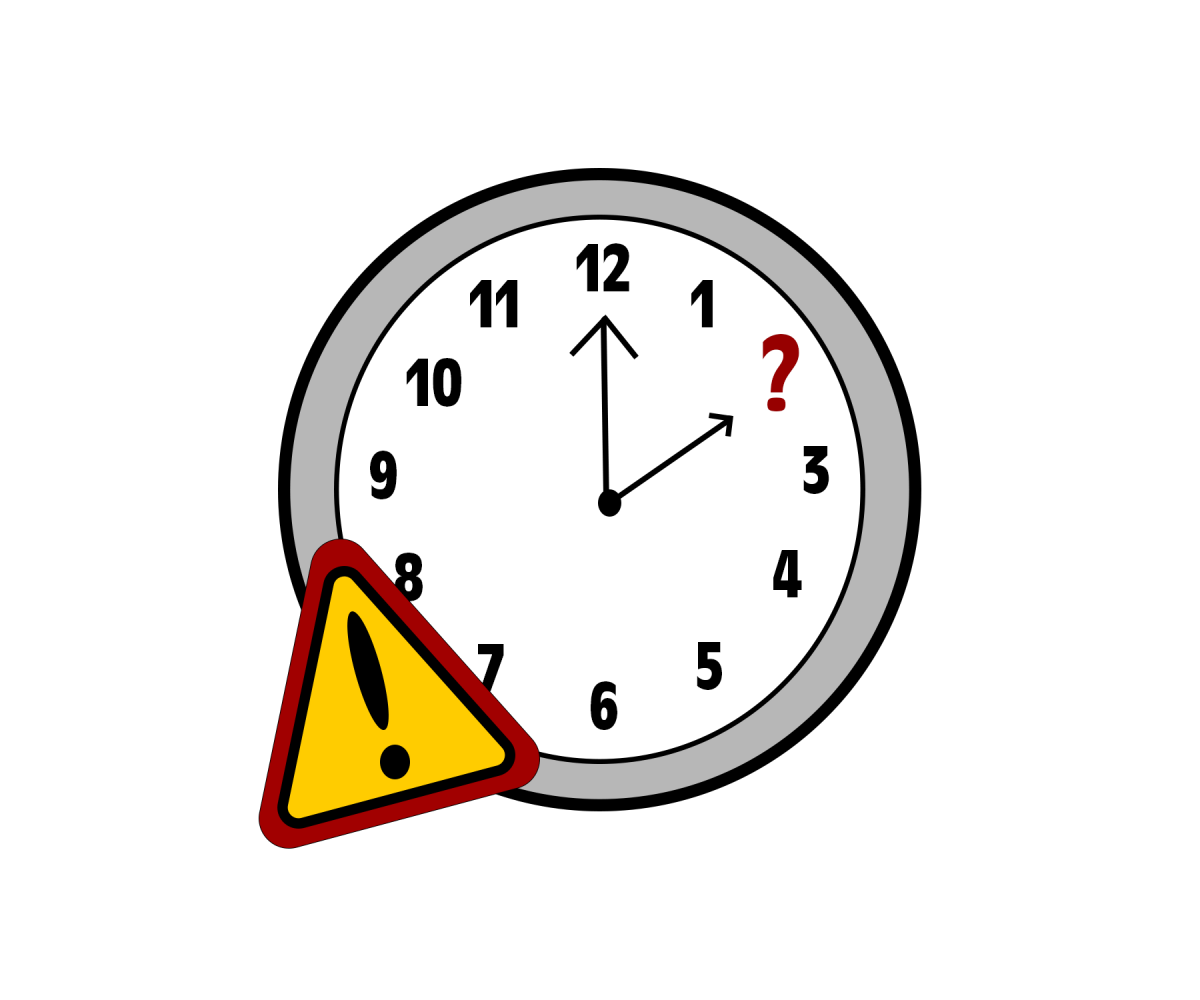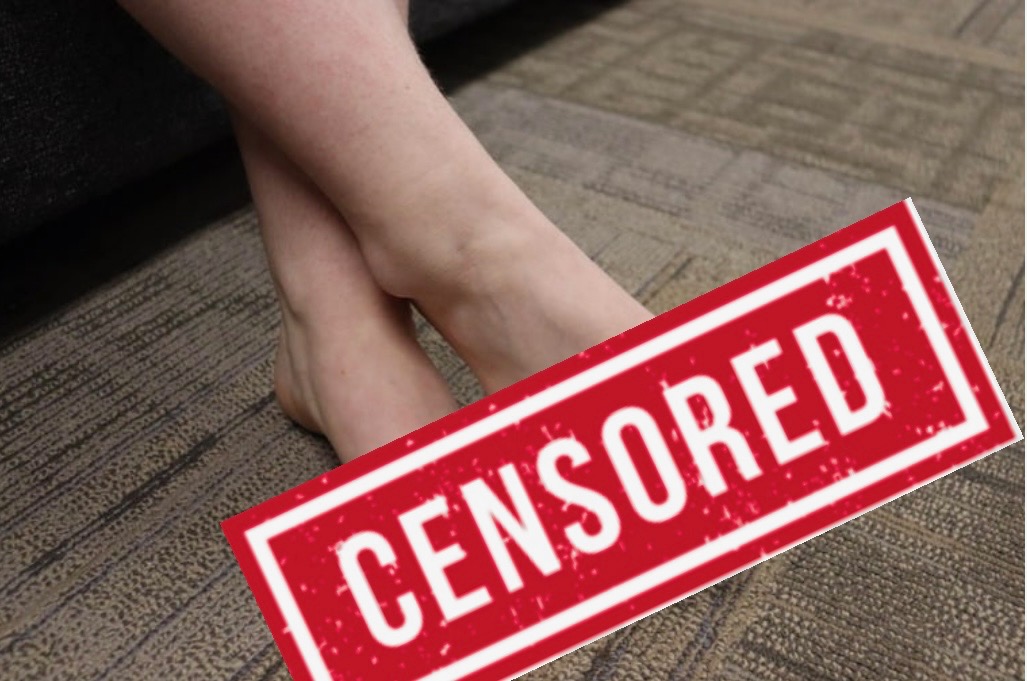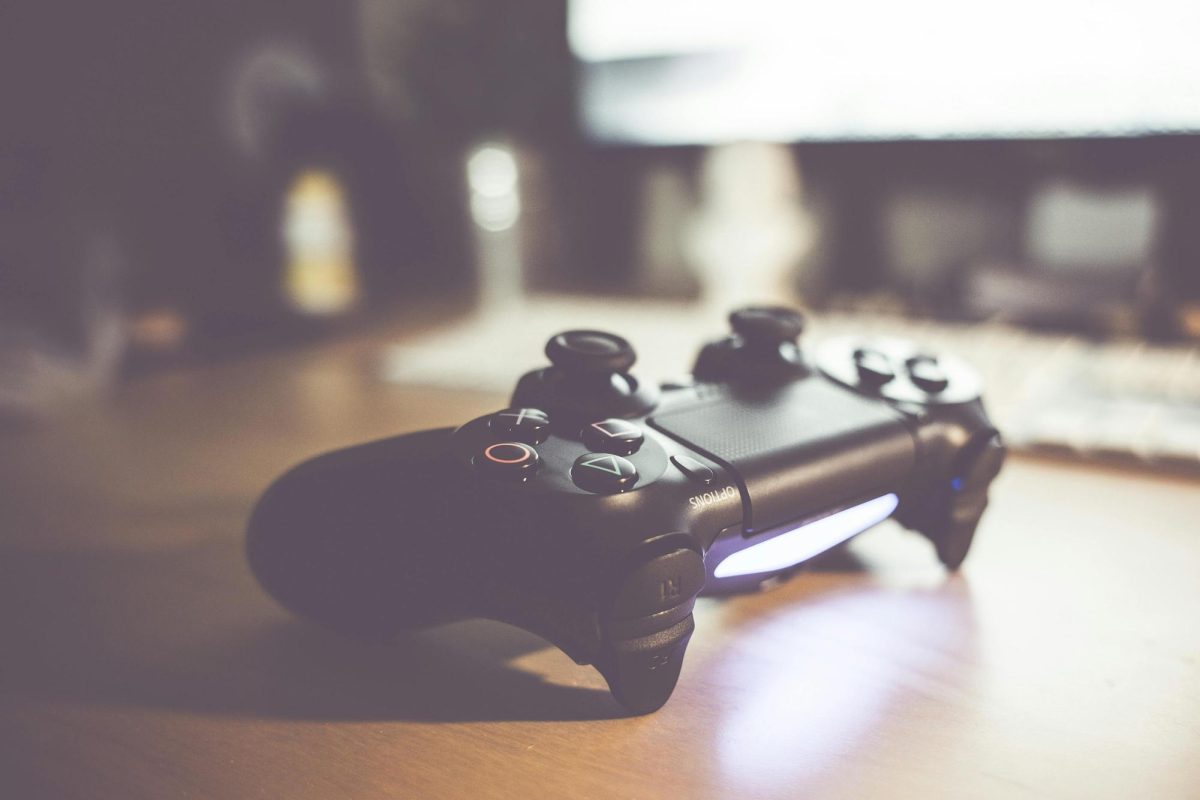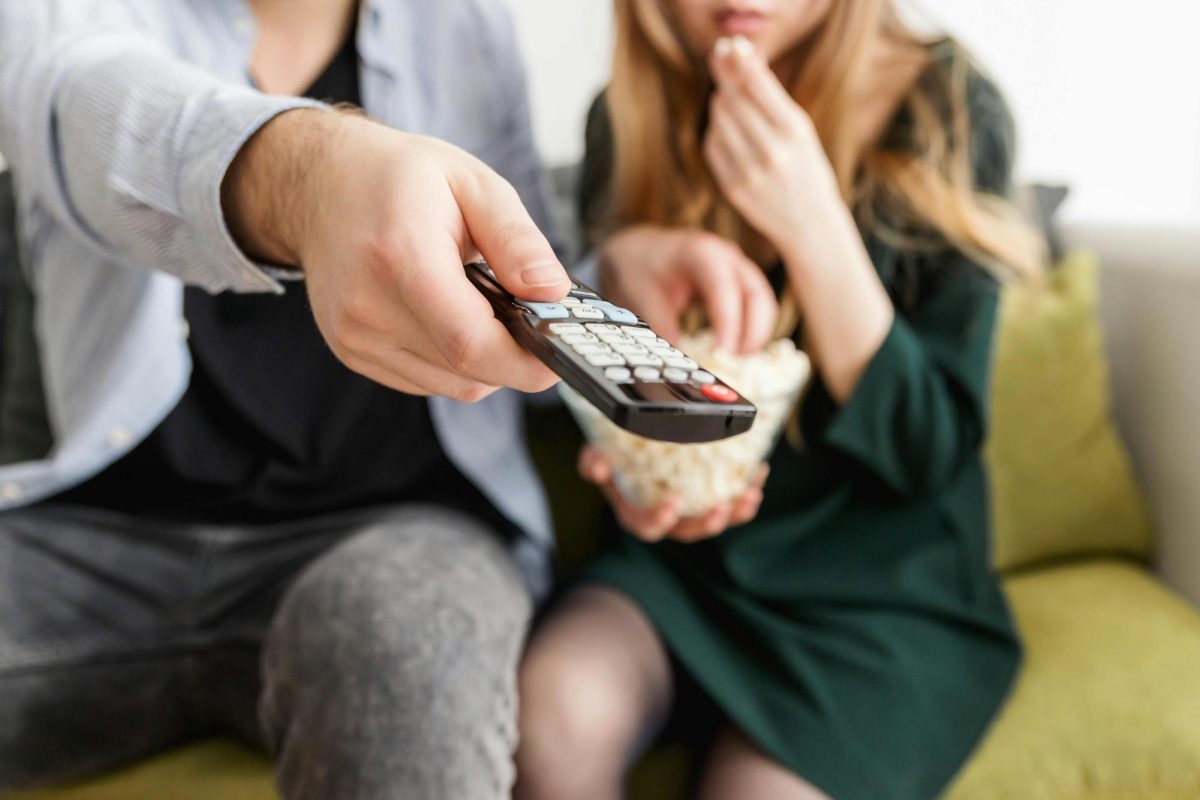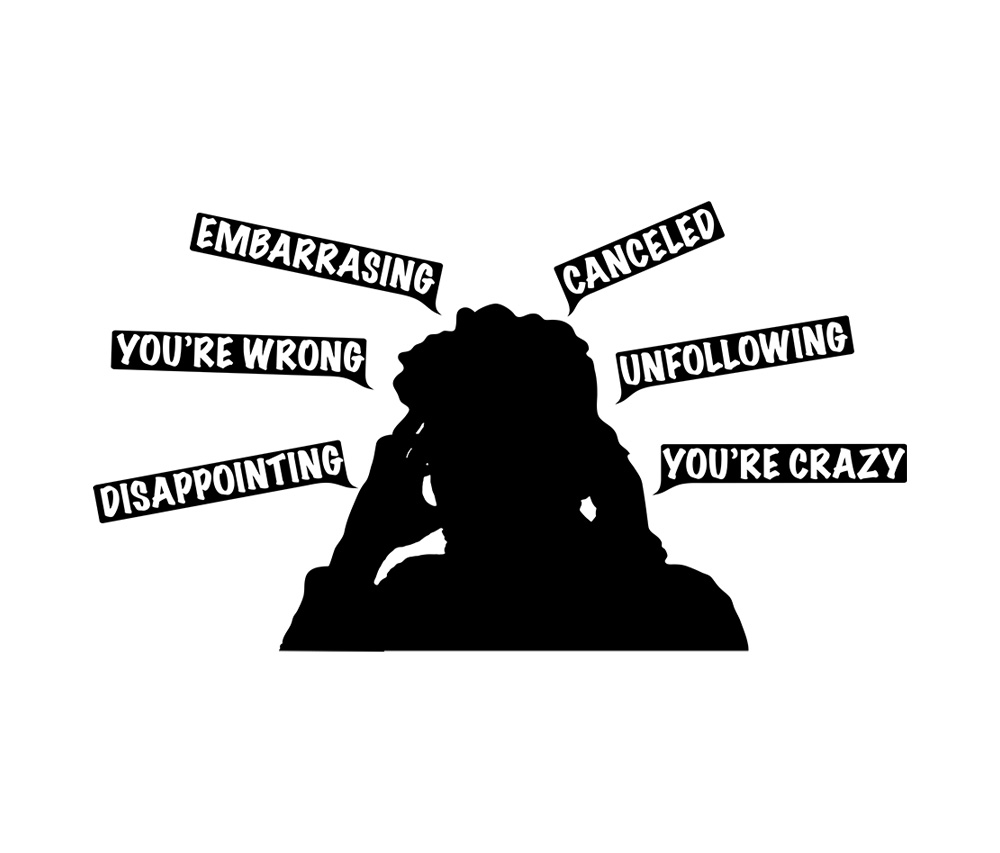The rise of cancel culture in recent years has become extreme. The use of social media plays a large role in that.
Do all people who have said something problematic deserve to be canceled?
Holding people accountable is important, yet one should consider whether severe punishment is always the best approach.
Cancel culture has become too normalized nowadays. With the recent presidential election, many celebrities were endorsing both political parties. Celebrities were getting canceled quickly by social media users for supporting the “wrong” candidate.
TikTok influencer Bryce Hall was getting death threats online from people who disagreed with his political stance after endorsing Donald Trump. These individuals were trying to get Hall canceled for his political point of view.
This is an example of where cancel culture has gone too far. A celebrity or an average person should not be canceled because of their political views.
Free speech can be affected by cancel culture. Individuals fear receiving backlash, and people become scared to express their thoughts and opinions, speak their minds and even bring up mistakes they have made.
Individuals tend to isolate themselves out of fear of being canceled. Everyone should be able to practice their freedom of speech. This is especially true for celebrities, but it can also apply to regular people who fear being canceled and criticized for posting their thoughts on social media.
There are certain cases where cancel culture is acceptable. Disagreeing with someone’s political view or spiritual beliefs is not a reason to cancel them. Freedom of speech should be upheld and respected.
A person getting canceled can take a psychosocial toll on them. Having a majority of people dislike them can cause a person’s mental health to decline rapidly.
Cancel culture can lead to many severe mental health issues, including depression. After being canceled, individuals may begin to feel helpless and trapped. This can affect how the individual sees themself as the rest of the world judges them off of one occurrence.
The impact that cancel culture can have on an individual’s mental health is something people need to take into consideration. There are ways to go about someone making a mistake or sharing a controversial opinion without canceling them. A civil conversation can be had between two people on the topic.
A healthier, more understanding society – one that prioritizes both accountability and the well-being of individuals – is something that is needed not only on social media but in real life.


